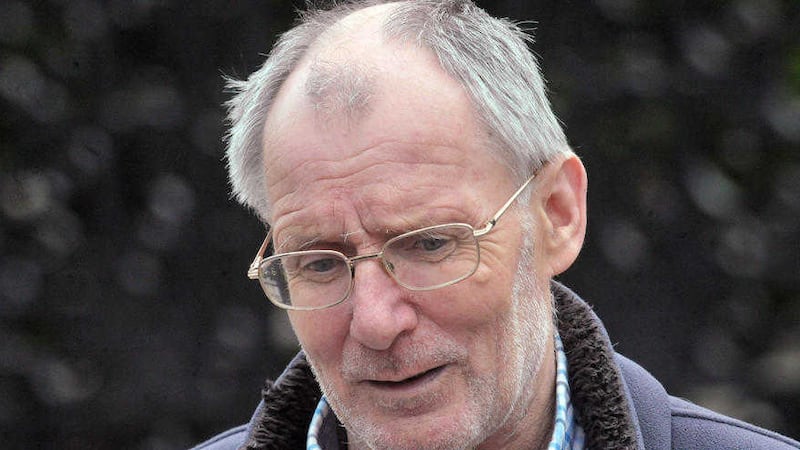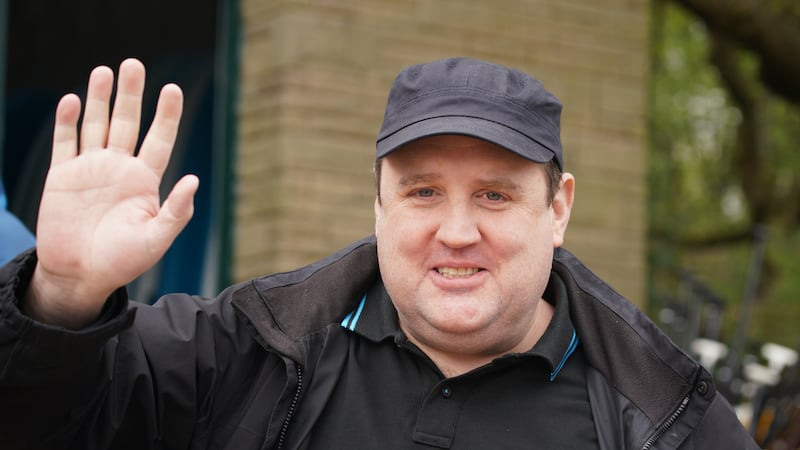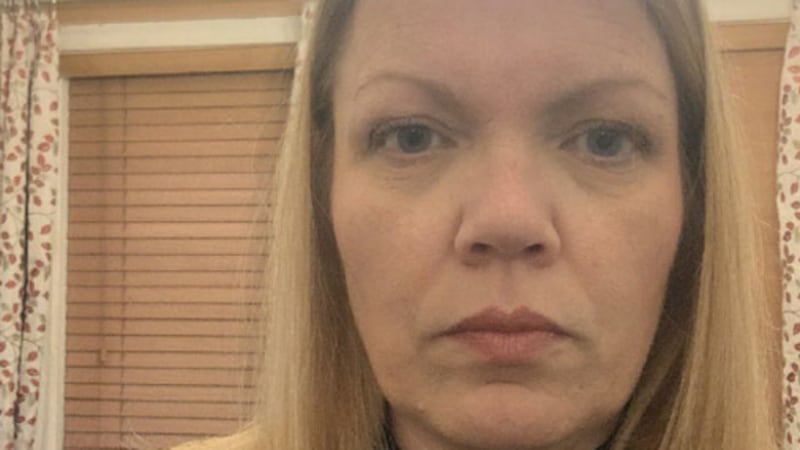FOR the victims and survivors of abuse at Kincora Boys Home, Tuesday was a significant milestone in their long battle for the truth.
The shocking revelations of organised child sexual abuse, cover ups and alleged state collusion came to light in 1980 and since then a litany of questions have remained unanswered.
Survivors and relatives filed into Banbridge Courthouse on Tuesday for the hearing and they listened, intently, in silence from the public gallery.
Campaigners had hoped to have Kincora included in a UK-wide child abuse probe because the HIA does not have the power to compel witnesses.
However a legal challenge to overturn the Government's refusal was rejected as "premature" by a High Court judge last month and an appeal was also turned down.
But those who have come to the inquiry are clinging to the hope it provides a forum for voices to be heard that were stifled all those years ago.
Among them is 58-year-old Clint Massey, who in 1973, at the age of 16, spent eight months in the east Belfast home. Next week, after 43 years, he will give evidence and "have his day in the sun" .
"Within four or five months (of being in Kincora) I went to the local police station which was RUC Strandtown, but they did not want to know," Mr Massey said. "They were pillars of the community the staff at Kincora, they literally threw me out the gate."
Mr Massey is hopeful that the inquiry will confirm there was state collusion and a cover-up into what was going on at Kincora.
He hopes the hearing will bring some closure so dearly craved and then "the tears will come".
"It would just mean I can hold my head up, I can turn around and openly say 'I was there'. I'm speaking for people who aren't even here any more, people who are long passed on who never got the opportunity," he said.








